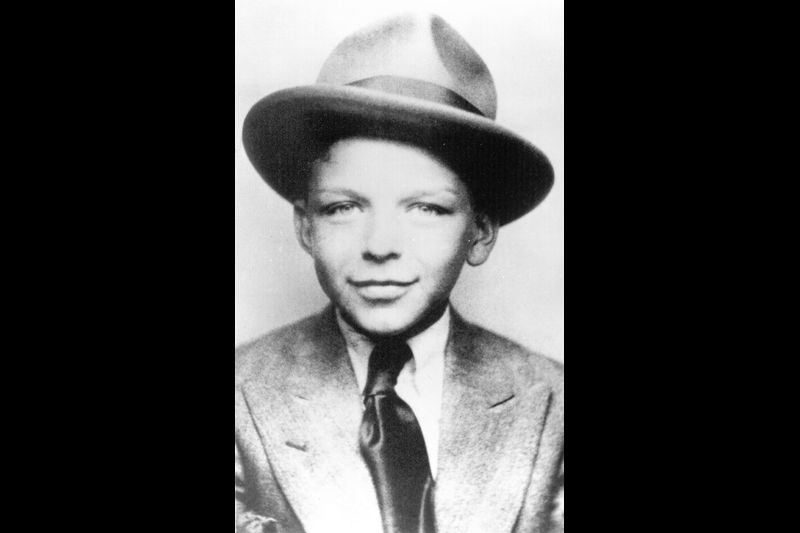Frank Sinatra Reveals the Secret of Music

Frank Sinatra
In conversation with Dionne Warwick, Frank Sinatra revealed the ultimate secret of music. “I think - to get serious for a moment - in any attempt, in any business in the world by any human being, to obtain longevity you must work hard. And seriously work. People told me if you want to sing you eat songs, you sleep songs, you drink songs, you dream songs. And you stay with that thought the best you can all the time. And suddenly it begins to grow; it really grows into you. I think an athlete has to do the same thing, or a cop - he walks a lot so that by the time he’s finished he gets the job. But as clear as I can make it, you got to live with it constantly, twenty-four hours a day. I don’t care what business you’re in.” Wonderful how Anindo Chatterjee recently told me the exact same thing, how music is 24/7. Local Frank Sinatra radio show host, Jerry Sharell, recently dedicated a song to me I’d never heard before, “More Than You Know,” and this 1929 miracle has since become a favorite. Subsequently, I heard Jerry dedicate the same song to family members. Even more recently, I was wowed hearing “All I Need Is the Girl” for the first time, later included on the For A Whirl solo piano album.
On my own, I found Say It (Over and Over Again), that baffling, mysterious opening track on the divine Coltrane Plays Ballads album, now making sense for the first time with the lyrics and all, later included on the In My Tree solo piano album. John Coltrane was among myriad jazz masters, including Miles Davis, and my teacher, Lee Konitz, who idolized the singing of Frank Sinatra, learning how to make music from him combined with their own innovations and other fecund wellsprings. Related to Frank Sinatra's uncanny musical abilities, Bill Boggs described in The Frank Sinatra Reader witnessing him perform very close-up at the 500 Club in Atlantic City during the summer of 1960, believing it was about how Sinatra knew how much musical potency and chi he possessed, and relished releasing this puissance fully with unrestrained confidence while remaining completely in control of nuances simultaneously. Boggs wrote: "From my perch, just a few feet away from him, Sinatra appeared to have a source of pure energy. What gives him that? I wondered. He was really experiencing all the emotions that the songs were describing. I could feel it." Boggs added a subsequent perception from 1992: "...I grasped a powerful truth; you are very powerful provided you know how powerful you are. That intrinsic belief was the energy source that had mystified me and seduced me as a teenager." I would add that Sinatra's acting experience provided a crucially advantageous fourth musical dimension for enacting the unique rasa of each song to great effect. (In terms of experiencing pure sources of musical energy live, I would have to say that was most apparent hearing Jackie McLean in both seventies New York City and nineties Los Angeles; a genuine tornado and spiritual epiphany at once. McLean at this best - which he always was when I heard him live - was the jazz artist I felt closest to emotionally. His best albums, ones that hint at what it was like to hear Jackie in person, are Demon's Dance and Jacknife.) Music truly infused every electron in Frank Sinatra's body and breath electrically, so to speak, something that came to be only through the time spent devoted to music. Similarly, when I asked Shikvumar Sharma if he concurred with the Western concept that genius was 99% perspiration and 1% inspiration, he laughed, seemingly hearing this concept for the first time, and concurred, absolutely. Also notably, his good friend and collaborator, Gene Kelly, attributed Frank Sinatra's accomplishments to a "sense of fun he always carried with him." Something else to remember. - Michael Robinson, July 2020, Los Angeles
© 2020 Michael Robinson All rights reserved
Michael Robinson is a Los Angeles-based composer, programmer, pianist and musicologist. His 199 albums include 152 albums for meruvina and 47 albums of piano improvisations. Robinson has been a lecturer at UCLA, Bard College and California State University Long Beach and Dominguez Hills.
|